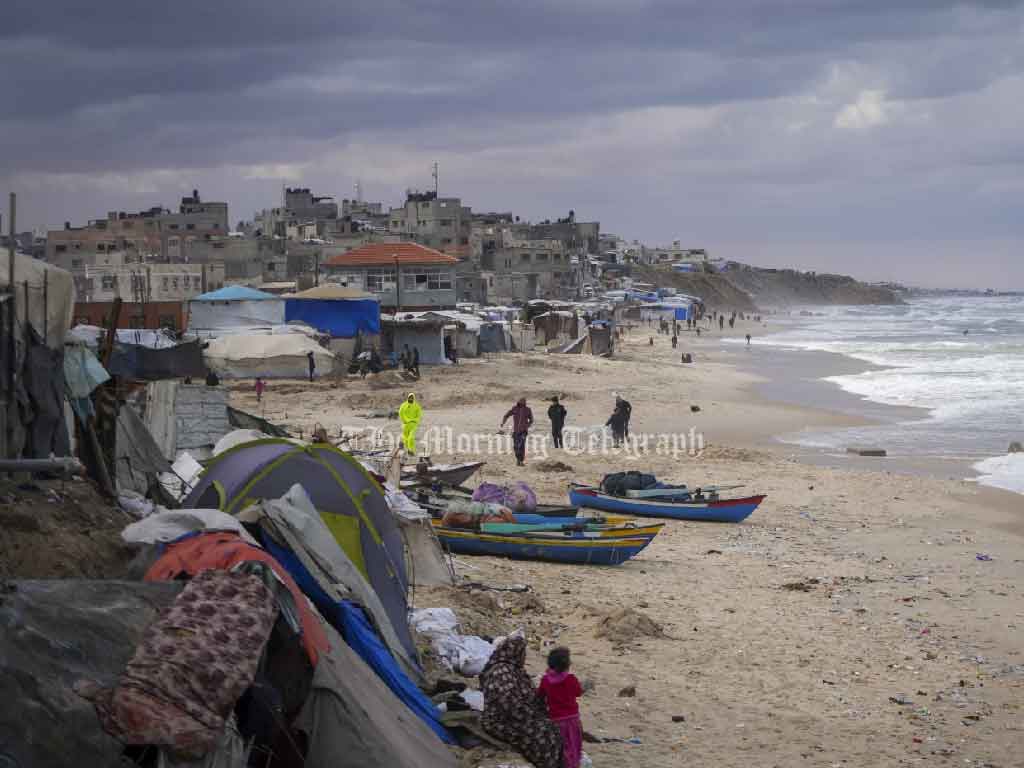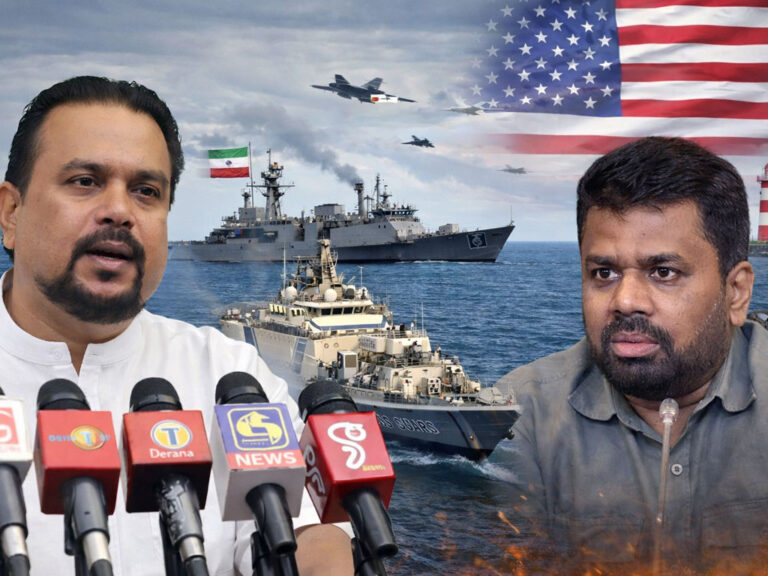
A ceasefire between Israel and Hezbollah has brought a temporary sense of relief across parts of the Middle East. However, for Palestinians in Gaza, the truce signals no end to the war that has ravaged the territory for over 14 months. The families of hostages held in Gaza had hoped the ceasefire with Hezbollah would lead to a broader agreement, including a truce in Gaza and the release of their loved ones. Instead, the ceasefire only applies to the conflict in Lebanon.
Ruby Chen, whose son Itay was taken hostage by Hamas and later declared dead, expressed disappointment: “We feel this is a missed opportunity to include the hostages in this agreement.”
Two Conflicts, Different Goals
While Israel’s military operations in Lebanon aimed to push Hezbollah back from the border, the situation in Gaza is far more complex. Prime Minister Benjamin Netanyahu has insisted on the total destruction of Hamas and retaining control over parts of Gaza, making negotiations difficult.
In Gaza, the humanitarian crisis worsens as Israeli airstrikes continue. Hundreds of thousands of displaced Palestinians live in makeshift tent camps, facing hunger and harsh winter conditions. “They agree to a ceasefire in one place and not in the other? Have mercy on the children, the elderly, and the women,” said Ahlam Abu Shalabi, a displaced resident.
A Shift in Focus
With the ceasefire in Lebanon, Palestinians fear Israel will now concentrate its military efforts entirely on Gaza. Netanyahu confirmed this shift in focus during the ceasefire announcement, raising concerns among displaced Palestinians like Mamdouh Younis, who said, “Gaza is now alone, far from all the arenas that were supporting it, especially the Lebanon front.”
Hezbollah’s Stance
Hezbollah’s decision to agree to the ceasefire, abandoning its previous condition of linking it to Gaza, has left many Palestinians feeling isolated. Palestinian analyst Khalil Sayegh noted that Hamas’s strategy of rallying support from other militant groups now appears to be failing. “Hamas messaging is becoming weaker as they struggle to justify their strategy to the public,” he said.
Despite this, Hamas officials have publicly welcomed Hezbollah’s support, with Osama Hamdan acknowledging their sacrifices. However, U.S. Secretary of State Antony Blinken believes the ceasefire might push Hamas towards negotiations, though experts predict Hamas will instead entrench its resistance.
Hostage Families Left Waiting
The families of hostages held by Hamas continue to protest, demanding action from the Israeli government. At least 100 hostages remain in Gaza, with many feared dead. Ricardo Grichener, the uncle of hostage Omer Wenkert, criticized Israel’s handling of the situation, stating, “The decision to delay a deal in Gaza is not based on military success.”
Ifat Kalderon, holding a photo of her cousin Ofer Kalderon, a father of four still held hostage, expressed despair: “Ofer had his 54th birthday yesterday, his second birthday in Gaza. It’s unbelievable that he’s still there.”
As Israel ramps up its military operations in Gaza, and with U.S. President Joe Biden’s administration preparing to leave office after Donald Trump’s reelection, efforts to secure a broader peace or hostage release face an uncertain future.




